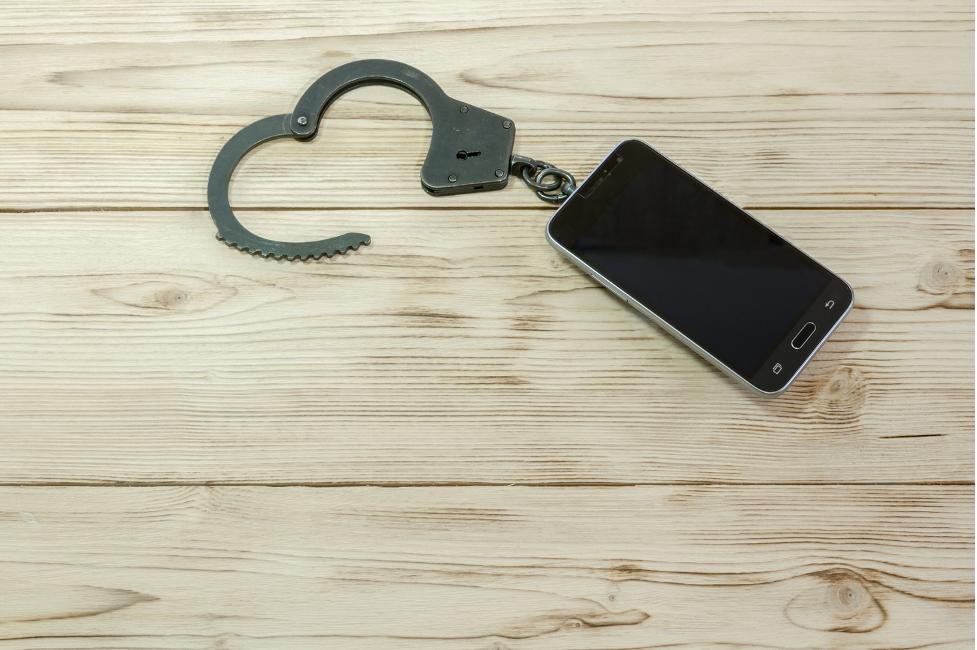Most people think of substance use as things like alcohol and drugs when it comes to addictions. When it comes to compulsions and obsessive behaviors, the first things that come to mind are gambling, hoarding and eating disorders.
However, a less commonly known type of addiction is potent and can be highly destructive; it's called "process addiction." In this article, we will look at the difference between addiction and obsession or compulsion and whether or not you need help.
Substance abuse and process addiction—the need to engage in certain activities or behaviors such as gambling, video games or the internet—are significant issues. You must understand the distinctions between process addictions and substance abuse, including the symptoms, the body's response and treatment options.
What Is a Process Addiction?
A process addiction is a type of behavioral addiction. This addiction can be anything from gambling to overeating or sex. The most common way this manifest is by excessively engaging in that behavior. Sometimes people see it as usual because they've been doing it since they were young or never took time to assess their actions.
People addicted to processes may not even know that they have an issue because they're so used to doing things compulsively. Still, if you're spending excessive time engaging in something that isn't necessarily healthy for you, then the behavior may become a problem, and you should think about getting help and recovery treatment.
People addicted to a process don't need drugs to function, and not everyone with an addiction is seeking a high at all. Sometimes, they need to do things repeatedly, like gambling or eating. These activities can be harmful and even deadly sometimes. But they can also be tough to give up on your own, especially if you don’t trust anyone enough to point it out.
For example, individuals who spend an excessive amount of time on digital technology may not exhibit physical signs of abuse or addiction. However, they may still face issues related to their habits, such as money spent on games or applications they don't need, adverse effects on their social life, or poor sleep patterns resulting from excessive screen time.
As is the case with substance addictions, people with process addictions tarnish their relationships and alienate themselves from loved ones. This can include difficulty managing stress and performing day-to-day activities and issues that arise while they're “under the influence.”
They will also begin to neglect critical personal responsibilities like paying bills and making sure they're up-to-date on their rent, which all adds up to a less than stellar living situation down the road.
While substance use disorder and process addiction appear to be opposed, scientists are beginning to identify several parallels between the two. As with drug or alcohol addiction, process addictions like internet addiction start with a joyful experience followed by feelings of shame and regret.
Drug Addiction versus Process Addiction
Causation Differences
A variety of circumstances can trigger addiction. There is not necessarily a particular gene, reason or risk factor responsible. Even if a person makes a conscious effort to avoid becoming dependent on something from the start, they may develop an addiction.
Regardless of the conditions, drug misuse is frequently precipitated by a physical and psychological dependence on the substance. In contrast, process addiction is typically caused by psychological and behavioral support for a habit.
Symptom Differences
While substance abuse and process addiction are detrimental to the brain and body, their signs and symptoms are typically distinct. Physical withdrawal symptoms may occur in substance abusers, whereas process addicts may experience restlessness, unease or excessive preoccupation.
Take, for example, work addiction as a process addiction. It does not impact your body similarly to people with substance use disorder. In this case, the addiction is a behavioral problem may involve lapses in communication with close family and friends because of excessive time spent indulging in work-related processes.
Additionally, a lack of desire or ability to do anything but continue their particular work-related process is a common symptom shared by people involved with this type of addiction.
Treatment Differences
Whether you rely on drugs or compulsions to cope with life's challenges, there is hope for recovery. For people with addiction, recovery treatment might involve medical supervision during substance abuse detox, such as help with your nutrition and hydration levels until your body adjusts to no longer relying on mind-altering substances. Meanwhile, you'll want to find professional treatment programs to cope with chemical dependence problems.
Patients addicted to a process—particularly those addicted to a natural, healthy process, as with sex addiction—need to find the behavioral therapies that assist them in managing their addiction rather than eradicating it. For example, a person addicted to alcohol can go their entire life without drinking again, but a person addicted to food cannot.
While both substance abuse and process addiction are forms of compulsion and obsession, there are some critical distinctions. Whether it is you or a loved one struggling with a drug or behavioral problem, we strongly encourage you to get addiction treatment from a family physician or a mental health or addiction specialist such as those at Wish Recovery, who can direct you to the appropriate therapy.


